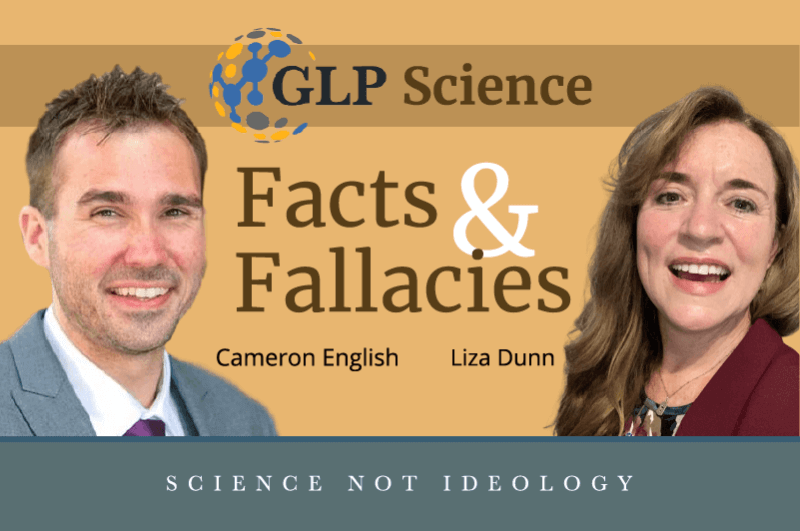Podcast: Podcast: Play in new window | Download Subscribe: RSS Video: Join hosts Dr. Liza Dunn and GLP contributor Cameron English on episode 246 of Science Facts and Fallacies as they break down these latest news stories: There’s no doubt that the number of Autism Spectrum Disorder (ASD) cases has skyrocketed in recent decades, going from one child in 2,000 being diagnosed in the 1970s to roughly one in 250 eight years olds today. The increase has given rise to rampant speculation about the environmental factors that may contribute to the spectrum of conditions. Everything from pesticides and vaccines to assisted reproductive technologies and maternal alcohol consumption have been identified as possible causes, although none of these correlations have withstood scientific scrutiny. Have we learned more about the causes of ASD, or are we still grasping at straws? Psychedelics could help veterans with PTSD, anxiety and depression. Breakthroughs and dropping of taboos opening new treatment possibilities Military veterans suffering from PTSD and related psychiatric disorders may benefit from the use of psychedelic drugs like MDMA. Preliminary research and anecdotal evidence have been promising, suggesting that psychedelics may cure these debilitating conditions in some cases, though additional research is needed to understand the long-term impacts of these treatments, including their side effects. There’s a bipartisan effort underway in Congress to roll back regulations that restrict how these substances are studied and utilized in clinical settings, but it remains to be seen if psychedelics can live up to their hype. Children of alcoholics are four times more likely than other children to become alcoholics. That observation has fueled investigations to uncover a genetic basis for alcohol use disorder (AUD). While there is no definitive answer yet, studies have linked mutations in genes related to alcohol metabolism to an individual’s risk for AUD. The challenge is that alcohol abuse often correlates with other medical issues, such as obesity and depression. Could it be that one of these conditions encourages some people to abuse alcohol? Or maybe all these challenges are caused by a (or several) different environmental factors? Let’s take a look at the latest science and see if we can separate correlation from causation. Dr. Liza Dunn is a medical toxicologist and the medical affairs lead at Bayer Crop Science. Follow her on X @DrLizaMD Cameron J. English is the director of bio-sciences at the American Council on Science and Health. Visit his website and follow him on X @camjenglish
This content was originally published here.
